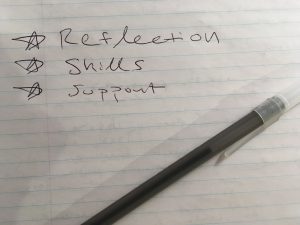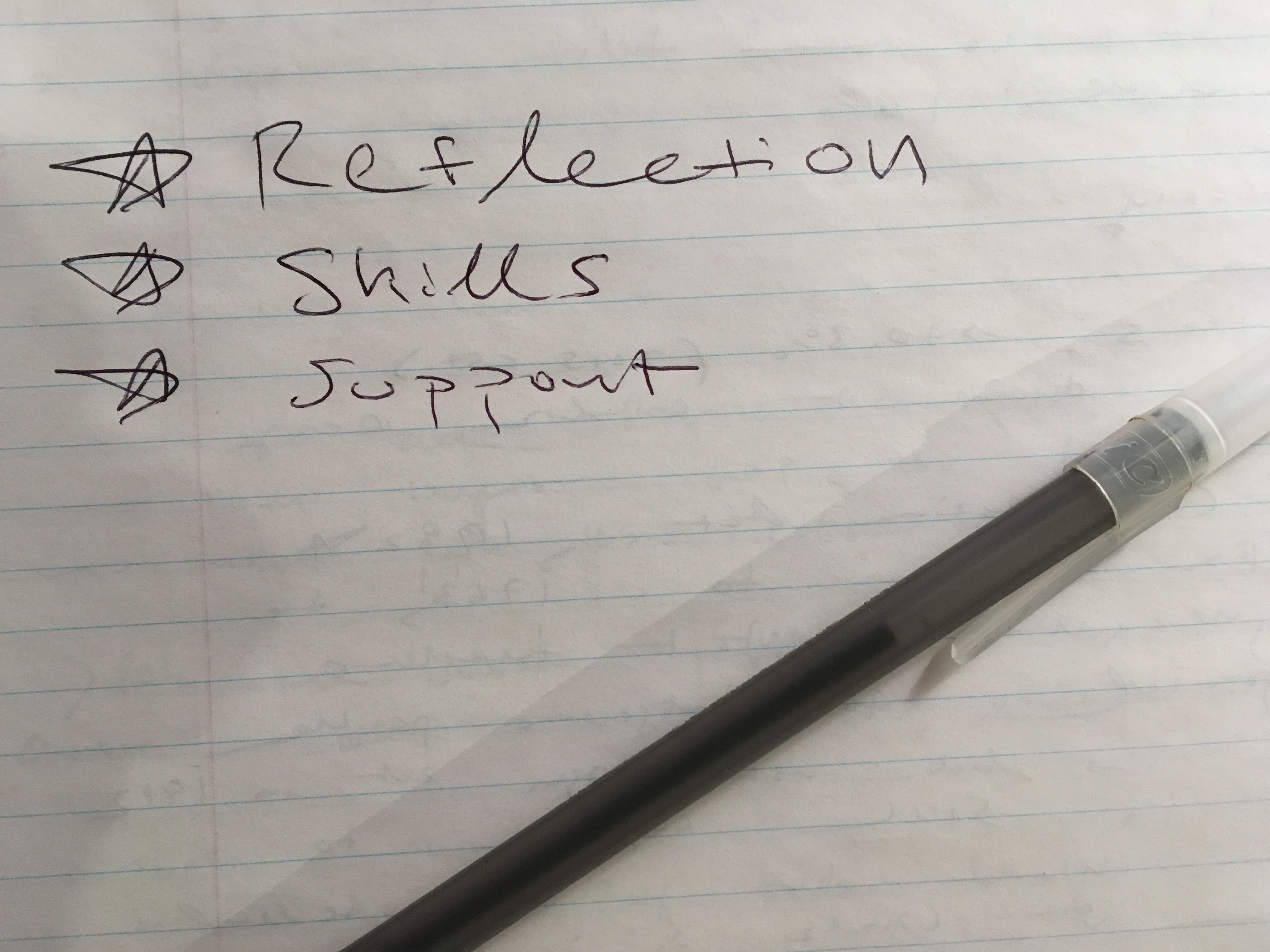Throughout my time in university, I have heard the word "resilience" on countless occasions. Whether it was my psychology class discussing the importance of resilience in overcoming difficult situations, examining the resilience of a leading character of a novel, or from my family members telling me to just "be resilient!", I have always wondered how to become resilient. Many of us want to be resilient since, by definition, resilient individuals overcome their obstacles and succeed. But how do we build resilience? This is still something I am figuring out! Fortunately, the Academic Success team has agreed to share some of the material that will be discussed at the Fresh Start Conference that is taking place in just a few days. It will be in Room 1130 of the Bahen Centre (40 St. George Street) next Saturday, 3 February 2018. This is a free conference and to register, all you need to do is log into the Career Learning Network with your UTORid (
www.cln.utoronto.ca). For more information, check out
www.studentlife.utoronto.ca/asc/fresh-start.
Through the Fresh Start Conference, you'll learn how to build this rather mystical but powerful trait of resilience. And this is one of the most important aspects of resilience: that it is a learned skill. It's not something that people are born with; instead, it's a personal quality that is developed over time. We gain this superpower through reflection, acquiring new skills, and seeking support. In past blog posts, I have mentioned my strong belief in reflecting on both the highs and lows of an academic journey. This moment of reflection, admitting and realizing that you had both downfalls and outstanding achievements, is a key aspect of becoming resilient.
You might also be wondering, how can I acquire new skills? I'm not necessarily talking about learning how to play the guitar or how to get a 4.0 without much effort. Skills can include procrastination management, self-awareness, time management, and so on. These skills are not learned overnight but rather through the experiences you have. For example, in first year I decided to make the rather common (yet unfortunate) mistake of procrastinating on my studying for one of my finals. The material was not making sense and all I could think about was winter break being just a few more days away. Unsurprisingly, I got a bad exam grade, but I didn't give up. By reflecting on this mistake, I improved my time-management skills by creating study schedules for every midterm and final exam period.

Three ways to build resilience
Something that has been difficult for me to tackle is self-criticism and doubt. Falling into thinking habits like, "How did I ever get here?" that focus on blaming myself can often make me want to avoid academic challenges instead of tackling them head-on. This can happen to a lot of people. If you've ever felt this way, I encourage you to attend the Fresh Start Conference next Saturday. As students, we don't necessarily have it all figured out. We don't have all our thoughts completely under control. Resilience is not a set recipe or formula: it is all about experience. Trying something out, seeing if it works, and if it doesn't: trying something new! I hope that all of you who are working on these issues have a chance to attend this free conference. After all, it is a new experience!


0 comments on “Building Resilience”